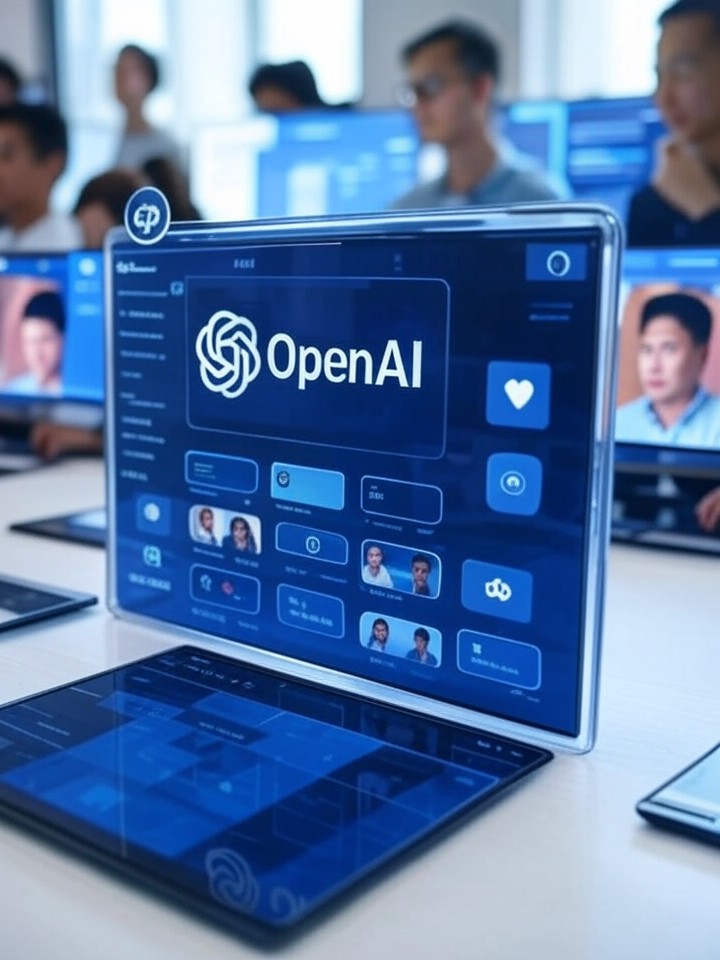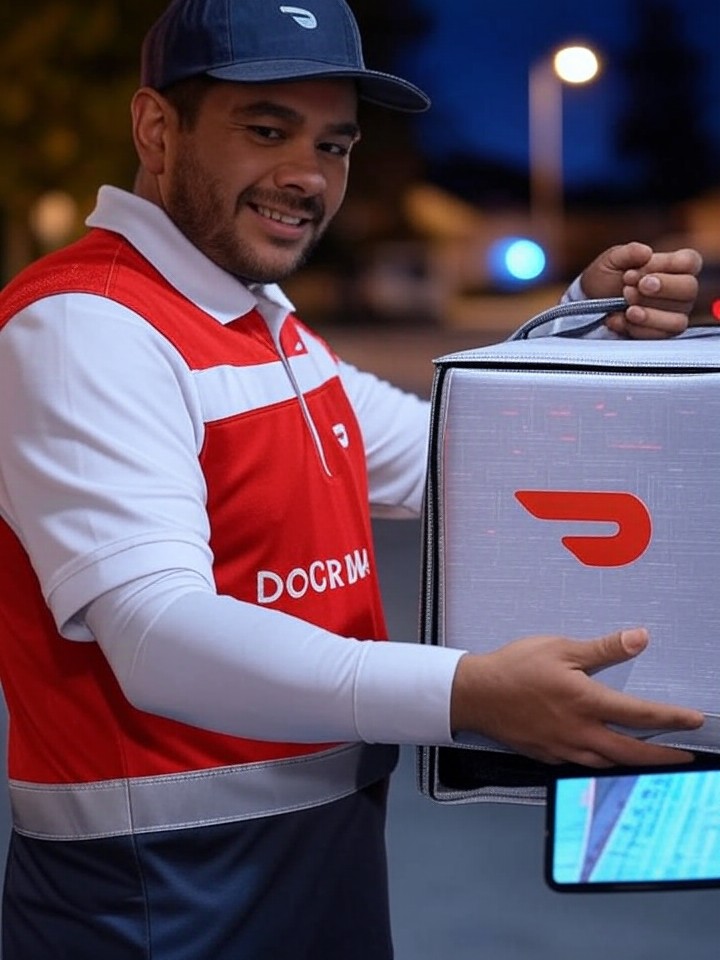People with Disabilities in the Continuing Threat of Pandemic : Are They Included With Care ?
According to World Health Organization, there are one billion people with disabilities around the World.
Persons with disabilities are among the hardest hit by this continuing pandemic situation. Persons with disabilities may be exposed to an increased risk of contracting the Covid-19 as they cannot consistently maintain public health standards, for example, physical distancing, general hygiene, etc.
Many persons with disabilities face structural disadvantages, increasing barriers to accessing health care and other necessary services despite increased healthcare needs. They face heightened rates of poverty, low literacy levels, lower insurance coverage, and lower employment opportunities than the general population. Moreover, they are more vulnerable to having severe complications since many of them have underlying health conditions such as heart disease, diabetes, respiratory and neurological conditions.
A study in South Korea confirmed that people with disabilities are six times higher likely than non-disabled persons to die from this continuing pandemic situation and significant adverse clinical outcomes. There are various reasons behind this.
According to the WHO’s global statistics on disability, people with disabilities are older than non-disabled people. Older people have an increased risk of this continuing pandemic situation mortality.
As mentioned earlier, people with disabilities are clinically vulnerable because of their poor health conditions. Those people need help from others to get routine and daily activities. They cannot maintain physical distancing and isolation, so care providers may be the source of infections. Persons with disabilities are deprived of getting personal protective equipment (PPE). They lack information about this pandemic for several reasons, such as communication barriers and the availability of appropriate resources.
In many ways, persons with disabilities are excluded from response to this continuing pandemic due to the interrupted social support and lack of accessibility such as communication, information sharing, and other necessary factors. This pandemic has added more severe health conditions among the population having disabilities one form or the other, even resulting in death. There is still no exact number known of persons with disabilities affected by this continuing pandemic.
Inclusion means empowering all persons with disabilities to participate in and benefit from the development process and available services around them. This approach can recognize persons with disabilities as beneficiaries of all projects/services to address their inclusion gaps. The government must guarantee the equal rights of the people with disabilities to access healthcare and other necessary services for them. WHO has already urged all member countries to put persons with disabilities at the central part of the pandemic response and provide recovery efforts by consulting and engaging with them. Many concerned authorities and governments are not implementing this need seriously.
Many people with disabilities suffer more from this ongoing crisis, specifically in the middle- and low-income countries, including Nepal. The following recommendations would help, if employed without delay, to safeguard persons with disabilities and include them in the mainstream.
Actions Needed
Many countries have already published guidelines for disability inclusion in the COVID-19 response, but it is not translated into the actual practice. So, starting the action with the collaboration with persons with disabilities is an urgent need. Persons with disabilities and their organizations need to be directly involved in the decision-making process that helps organizations and groups implement programs effectively.
Use Twin-Track Approach
To address the real need of people with disabilities, twin-track is very useful. The process includes persons with disabilities in mainstream and disability-specific policies on health, education, communication, information sharing, social support, and other necessary services.
Build Back Better
People with disabilities need to be included in the mid-term and long-term plans after the immediate crisis subsides. Several European countries have already announced their procedures and policies to build back better. They are taking this crisis to think about the future for the persons with disabilities to make more inclusion.
Use of Multiple Methods
Meaningful consultations with persons with disabilities and leadership at the program and policy level, sound budgeting, and appropriate monitoring of progress need to succeed in the program without leaving persons with disabilities behind in this crisis. Inclusive communication: Ensure the staff involved in disseminating health messaging needs to be trained on inclusive communication to provide information to persons with different disabilities.
Access to Information
Ensure persons with disabilities receive information about the infection, transmission mode, preventive measures, and mitigating tips and tricks. They should also be provided education and kept informed about public restriction plans and the available service offered in various accessible formats such as easy-to-read format, high contrast print if possible, braille, and use of available technologies, such as subtitles in verbal.
To conclude, persons with disabilities are at the highest risk of this continuing pandemic and left behind. Countries are taking this pandemic as an opportunity to work on an inclusive environment to include persons with disabilities in the mainstream of the development, which ensures they are not left behind.











Very informative .Disabilities people from our country are living very poorly as compared where we are living now. Government don not think even we have disable people in our county then no any policy for those people .